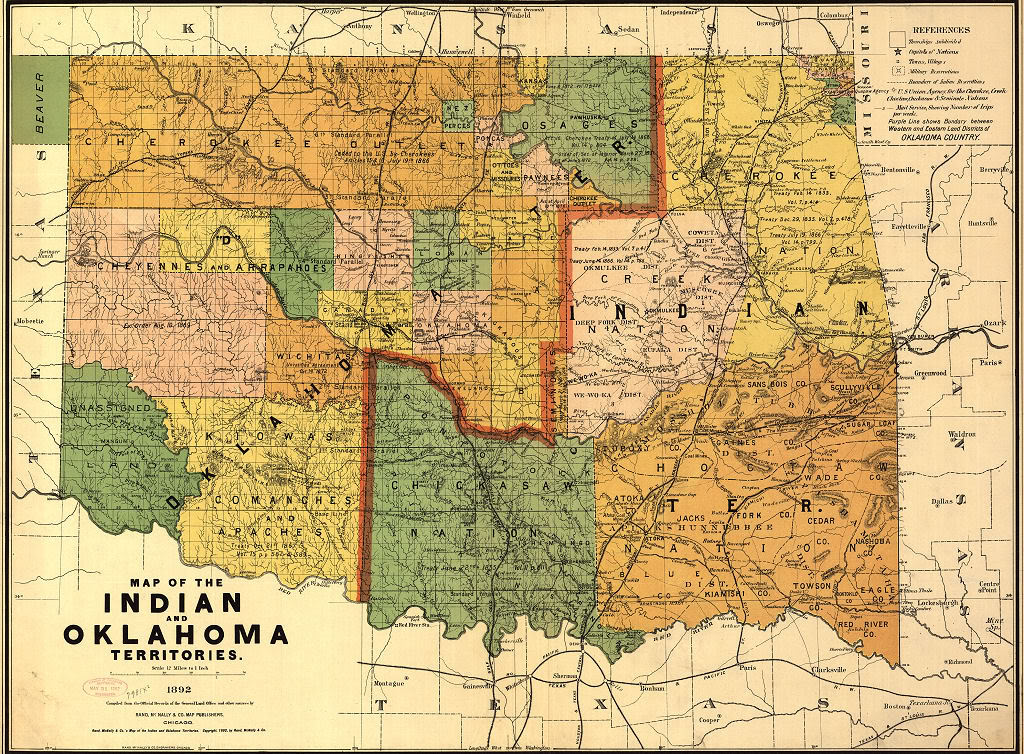Category Judiciary

Textualism is not Strict Constructionism is not Originalism
As President Donald Trump prepares to appoint a second Supreme Court justice, the national dialogue has been saturated with gossip over what judicial philosophy the next nominee might bring to the bench. For legal nerds, SCOTUS nominations are what the World Cup is to soccer fans: the one time everyone else cares about your passion. […]

Courthouses Should Be Beautiful
[Eds. Note: We’re pleased to be able to share this piece by John Ehrett, who joins us as a guest author] Most government buildings are pathologically ugly. By “government buildings,” I don’t mean iconic structures like the Lincoln Memorial or the White House. I mean the garden-variety government buildings that sit in medium- to large-sized […]

Justice Don Willett’s Uncontroversial Commitment to the Constitution
The 1905 Supreme Court case Lochner v. New York has long been a lightning rod for the claim that unelected judges have no place in our Constitutional system striking down laws purporting to ensure public health and safety. The periled precedent played its part this week as UT Law student Noah Horwitz dutifully deployed it against […]

Forgotten Chief: William Cushing & the End of Slavery in Massachusetts
On September 13, 1810, William Cushing passed away in Scituate, MA. Cushing had served his nation in a number of important and prestigious roles: Chief Justice on the Supreme Judicial Court of Massachusetts during the Revolution, one of the six original Associate Justices of the Supreme Court of the United States (where he served for […]

Jurisdiction, “Indian Country,” & A Critique of Murphy v. Royal, –F.3d–, (10th Cir. Aug. 8, 2017)
On August 8, 2017, the State of Oklahoma suffered a major jurisdictional defeat. In Murphy v. Royal, —F.3d—, 2017 WL 3389877 (10th Cir. Aug. 8, 2017), it was held that a large swath of Oklahoma, including the Tulsa metropolitan area, falls within a reservation of the Creek Nation; that the Creek Reservation has never been disestablished […]

An Erie Doctrine for Arbitration
Arbitration has become a staple of modern dispute resolution—the alternative par excellence to court adjudication for almost “every type of justiciable claim.”[1] Its rise can largely be attributed to the use of arbitration clauses, contractual provisions that require legal claims be resolved in informal, non-judicial forums.[2] What’s more, arbitration clauses received federal imprimatur over a […]

Minimal Contact: Reconsidering Personal Jurisdiction Over Absent Class Members
Absent class members play a protean role in the lifecycle of a lawsuit. Parties for some purposes, but not others, [1] their status continues to vex courts in a variety of situations.[2] That incoherence largely stems from Phillips Petroleum Co. v. Shutts, 472 U.S. 797 (1985). There, state and federal courts were permitted to exercise […]

Senator Durbin, I Am a Proud Member of the Federalist Society. Here’s Why.
Here we go, again. Today, Senator Dick Durbin expressed his befuddlement, perhaps with underlying disdain, as to why an overwhelming majority of this administration’s judicial nominations have either currently or previously been members of the Federalist Society. Our Editor-in-Chief, Joel Nolette, previously covered Senator Durbin’s fear of the Federalist Society. Senator Durbin expressed his concern in […]

